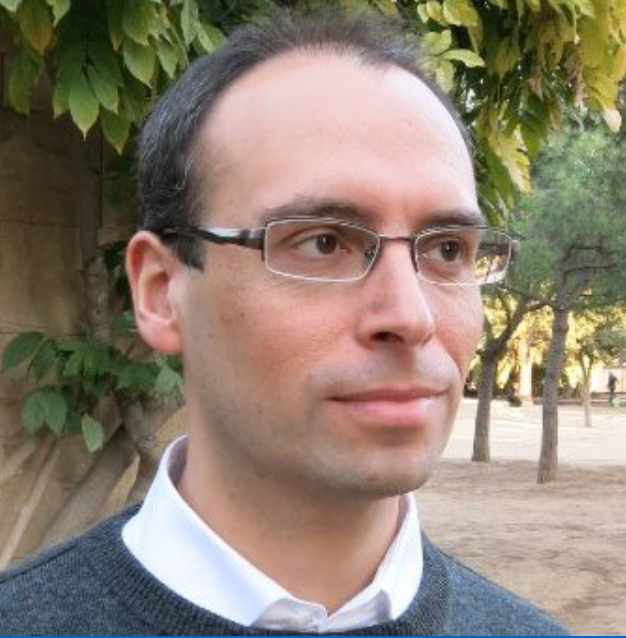Quantum Generative Models for Healthcare

Insider Brief
- Miguel A. González Ballester recently presented research on quantum generative models, highlighting their potential to revolutionize healthcare through data synthesis and medical imaging improvements.
- Quantum models can simulate patient-specific conditions, such as cardiovascular issues, helping to predict outcomes and enhance precision medicine in fields like oncology.
- Ballester underlined the complexity of quantum computing, which operates on probabilities, but noted its vast potential for transforming healthcare diagnostics and treatments.
Miguel A. González Ballester, a leading figure in biomedical engineering, presented novel research on quantum generative models at the UPF seminar recently, focusing on how quantum computing can disrupt healthcare. Ballester’s expertise spans years of experience across academia and industry, including stints at Oxford, Toshiba and Indra. His unique trajectory from computer vision to quantum computing underscores his commitment to advancing healthcare technology.
In his talk, Ballester went into the applications of quantum generative models in healthcare.
“Generative models have the potential to generate new content based on minimal inputs, which can be transformative in medical research and diagnosis,” he said. Ballester also highlighted the role of these models in improving data synthesis and interpretation in medical imaging, particularly in areas where data may be sparse.
Ballester explained the significance of quantum computing in enhancing the capacity of generative models, particularly in solving complex problems. He shared: “Quantum computing enables us to work with probabilities rather than deterministic values, offering a broader range of potential outcomes when generating medical data.” This method could lead to significant breakthroughs in diagnosing diseases at earlier stages, offering doctors more reliable predictions for patient outcomes.
In addition, Ballester mentioned their research is structured around three key projects focused on applying quantum computing to healthcare. One such project explores how quantum models can improve cardiovascular diagnostics.
“We’ve used quantum generative models to simulate patient-specific heart conditions, allowing us to predict myocardial thickness or simulate a condition based on varying patient attributes,” Ballester noted.
On the clinical side, Ballester touched upon how quantum computing could redefine precision medicine. He remarked: “We aim to provide doctors with tools that allow them to simulate and predict individual patient outcomes with unprecedented accuracy.” This could prove invaluable in fields such as oncology, where personalized treatment paths are critical.
Besides this, Ballester underlined the challenge of working with quantum computing.
“Quantum methods require a different approach to computing because they work on probabilities and superpositions rather than fixed states.”
Despite these complexities, his team continues to push the discipline forward, demonstrating the vast potential quantum generative models hold for the future of healthcare.
Featured image: Credit: Miguel A. González Ballester
